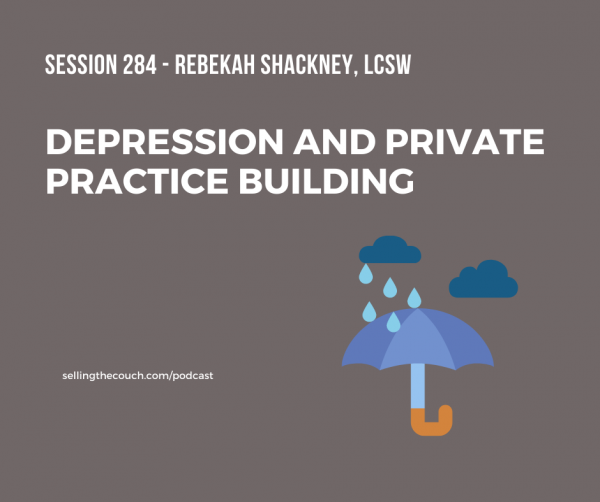Several years ago, I was at a career crossroads. I left a job as a social worker at an inpatient psychiatric hospital, and I wasn’t sure what to do next. A meeting with a career coach reminded me of my interest in history and research and he knew of a part-time job with an archivist, and I applied. It seemed like a good fit on paper (reasonable mind). I mean I studied theater history in college, I did in depth dramaturgical research (one of the first at my school to do so in what is now a thriving program). I couldn’t even remember why I didn’t pursue that after college. They invited me in for an interview and I thought this must be right. They seemed to think I’m a good fit, so I’ll give it a try.
Thinking back, I can still remember the feeling of trying to wedge myself into a situation that seemed right on paper (reasonable mind), but certainly didn’t feel right. When I went for the interview, I felt this vague sense of dread (wise mind trying to be heard) at the idea of taking the job and going to that office day in and day out. They must have picked up on my ambivalence because I didn’t get the offer.
Next, I thought about the year I spent working in the casting office at Playwrights Horizons. It was such a fun job, and I was good at it. I loved having a connection house seats at every Broadway show, getting my name in a real playbill, calling in my classmates from the University of Oklahoma’s drama department to audition and meeting the people I had read about in my college theater classes. It would be so exciting to cast theater productions, movies, and television show. Why had a given that up all those years ago? Oh, right I had a difficult boss who could have given Miranda Priestly from The Devil Wears Prada a run for her money, but not everyone is like that, and it would be such a cool job. (Emotion mind)
What I forgot was the producers who screamed at me for things that weren’t my fault, directors who wanted their every whim treated like life and death and having to watch actors hopes dashed when they learned they didn’t get the part. Plus, it had been 10 years since I worked in theater, and I have not maintained my connections. I would have to start again, maybe even as an unpaid intern.
I remember saying to people about my decision to go to social work school after leaving the theater, “If I’m going to work with crazy people, I should know what I’m doing.”
Plus, I now had a young son making staying late for opening night parties and such much harder. (the facts that emotion mind ignores).
Then one night, I was sitting on the porch with my husband talking about this for the hundredth time and he said, “Why don’t you start your private practice.” When he said it, I knew it was exactly what I needed to do. (Wise mind)
This story illustrates my shift between what DBT calls the three states of mind. Reasonable Mind, Emotion Mind and Wise Mind). Reasonable mind is when you are thinking and behaving only from reason, seeing the just the facts and excluding values and emotions. The archivist job looked like a good fit on paper. Reasonable mind decisions are logical and pragmatic…they are the know it all of decisions. They are the choices your parents want you to make, but they don’t necessarily make your heart sing because they ignore feelings. I could have done the archivist job, it was good money, good benefits, good hours, but I would have been bored to tears.
Emotion mind is when you’re thinking and behaving emotionally, treating feelings as facts about the world and letting your emotions rule your behavior. Emotion mind decisions disregards reason and pragmatics. They are pressured and desperate, you feel as if you must do it now or your life will be over. Omg, casting would be so cool. All my friends in Oklahoma will know I’ve made it because they’ll see my name in the credits of a tv show or in a playbill.
When I thought about a return to casting, I focused on the excitement and prestige of the job without considering the facts. Necessarily
Wise mind is when you are thinking and behaving wisely. Seeing things as they are. Wise mind is in alignment with values and goals where you can access both reason and emotion. When I decided to start my private therapy practice it felt right and made sense and the idea of starting my own business from scratch was terrifying. Just because it was the wise choice doesn’t mean it was the easy choice. When you make one wise mind decision you often have a series of other challenges to face as a result. I have now been in private practice for over 15 years, rolling with the ups and downs of parenting (we’ve added two more sons to our family), relocation, the great recession, and a global pandemic, through all of these challenges I’ve never wavered in the wisdom of starting my private practice. Being a therapist is my calling and my joy, but I could have easy missed it. The fear that came when my husband suggested private practice was powerful. If I had allowed myself to be distracted by it who knows where I’d be.
Emotion mind and reasonable mind are loud pushy and opinionated, so you have to work to hear the whisper of wise mind. You have to quiet your mind and listen. When my husband suggested private practice, it was a cliché lightbulb moment. I knew it was right even though I was subsequently filled with fear. The right path can be scary. But it’s important not to let fear obscure your path because letting fear lead is an emotion mind choice. If you’re scared figure out if what you’re afraid of is really dangerous. If it’s not lean into the fear. Solve the problems as they come and do the things that feel scary. Again, and again. Doing this sends the message to your mind and body that the thing you fear is not actually a threat.
Accessing wise mind is not only useful for big life decisions like in my example. It is also useful when making everyday decisions like whether to stay out late on a school or work night to attend a friend’s party or should you buy that cute sweater or save the money for a rainy day. To access wise mind
If you are someone who feels they often make impulsive emotional decisions it can be difficult to slow down and allow yourself to access wise mind. Some people can become frustrated feeling that they don’t have a wise mind. It’s important to remember that all humans you have wise mind, and your just need to learn to access it. In the next blog post, I will offer a guided meditation that can help learn to access wise mind.
If you connected with what you read here, and you want to work with me, go to my website, rebekahshackney.com and send a message through my contact page. An audio version of the Accessing Wise Mind is available on my podcast, A Therapist Takes Her Own Advice.















